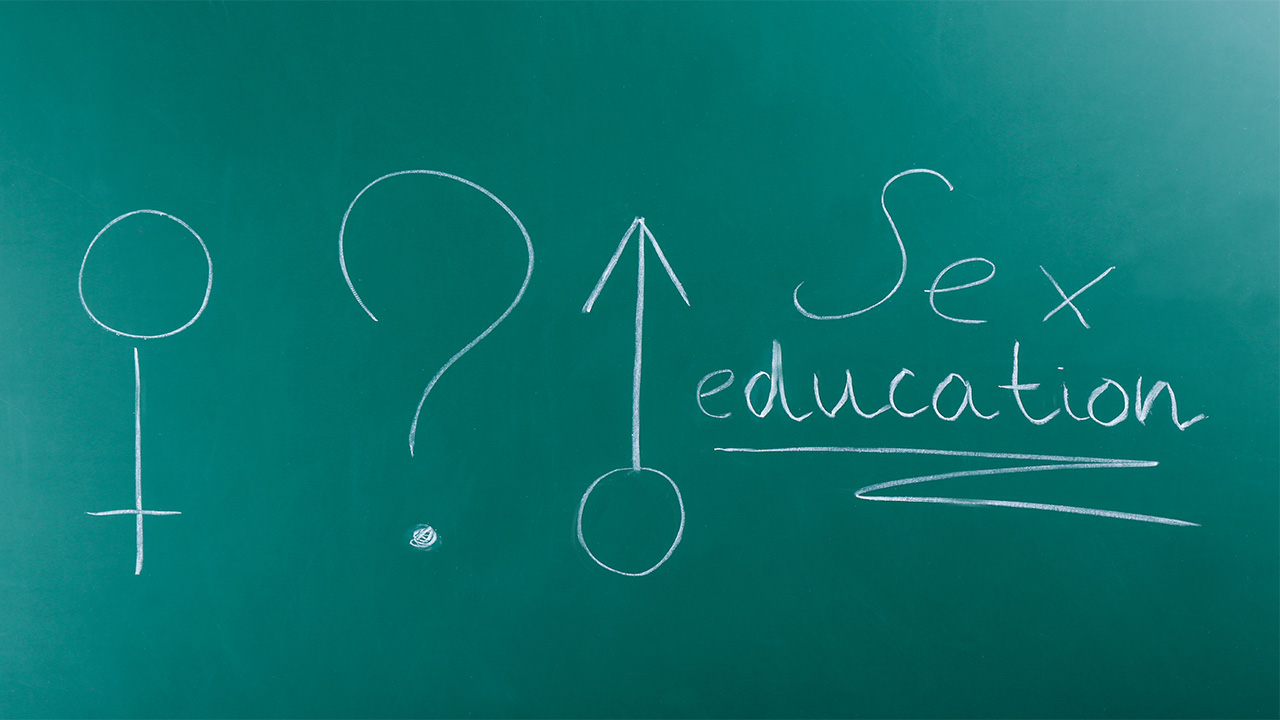


Get a free copy of Parental Rights & Education when you subscribe to our newsletter!

Virginia Gov. Glenn Youngkin, R, signed a law last week that requires teachers to notify parents of any instructional materials containing sexually explicit content and allow for parents to opt out and have their child taught using alternative materials.
Senate Bill 656 requires the Virginia Department of Education to “develop and make available to each school board model policies for ensuring parental notification of any instructional material that includes sexually explicit content and include information, guidance, procedures, and standards.” Those standards must ensure that parents are notified of sexually explicit instructional material and that the topics are directly identified. The schools must also allow parents to review the material and provide alternative instructional material to the student of any parent who requests it. The new standards must be completed by July 31.
The bill follows language in the state code by defining “sexually explicit content” as “any description of or any picture, photograph, drawing, motion picture film, digital image or similar visual representation depicting sexual bestiality, a lewd exhibition of nudity, sexual excitement, sexual conduct, or sadomasochistic abuse, coprophilia, urophilia, or fetishism.”
“For the last year, I have advocated to give parents a voice and a say on whether their children can receive alternative reading materials because parents matter. Notifying parents is common sense,” Youngkin said.
Youngkin also signed into law HB 938, a companion bill that requires the Board of Education and the Superintendent of Public Instruction to convene a “stakeholder group” to include parents to make “recommendations for certain current and proposed policies and performance standards for public elementary and secondary schools.” These recommendations are to focus on, among other things, how to promote academic excellence in Virginia schools, including in math instruction and achievement; expanding the availability of advanced studies diplomas; and “increasing the transparency and honesty of performance measures for public elementary and secondary schools in the Commonwealth.”
Both bills “deliver on my Day One promises to give parents a greater say in their children’s education,” Youngkin said. “I’m pleased to sign them into law, along with many other bipartisan bills that will enhance education, improve public safety, provide tax relief, and make government work better for the people of Virginia.”
Each Virginia school board must have the new policies in place by January 1, 2023.
The topic of sexually explicit material in Virginia schools was first brought to national attention during a Fairfax County Public Schools (FCPS) school board meeting. During her allotted speaking time, a mother read and showed pictures from books available in the high school libraries. The books were so explicit that school board meetings cut off her speech after warning her to stop because “there are children in the audience.” Two of the books, “Genderqueer” by Maia Kobabe and “Lawn Boy” by Jonathan Evison, graphically depict pedophilia between men and boys.
The books were initially suspended from circulation, but despite the uproar and parents nicknaming the county FairfaXXX, the FCPS school board reinstated the books in November after an internal review, with the school board lauding the decision for its “ongoing commitment to provide diverse reading materials that reflect our student population, allowing every child an opportunity to see themselves reflected in literary characters.”
An LGBT advocacy group called FCPS Pride opposed the newly signed legislation signed by Youngkin, claiming it “creates an adversarial relationship between teachers and parents or guardians.” FCPS Pride describes itself as an LGBTQ and allied group for FCPS employees. “This law will decrease the richness of our curriculum [and] we are worried that the level of harassment aimed at students, staff and families may go up,” the group added. “Schools could become less safe.”

Just like Florida’s Parental Rights in Education law, the passage of Virginia law is a win for transparency and parents’ rights to have the ultimate say in their child’s upbringing, education, and well-being. No sexual material should be discussed in school without parental knowledge, and parents should be allowed to opt their children out of those discussions. What’s sad about this new law isn’t that it was signed but that only two Democrats in the Virginia legislature voted for it and LGBT employees and “allies” at FCPS opposed it.
The objections of FCPS Pride to this are transparent, but there is no hostility created between teachers and parents with this law. This should actually improve trust between teachers and parents, unless teachers are trying to teach sexually explicit material they don’t want parents to know about. The comment that it will decrease the “richness of the curriculum” is disturbing. In what way does informing parents about sexually explicit material decrease the “richness” of the curriculum? Why would sexually explicit material increase the richness of a curriculum that is supposed to be focused on reading, math, science, and other core academic subjects? Could it be because these employees and parents have such different views of “richness” that the employees know parents will object to it and shut them down?
How could this law possibly make students less safe? The truth is that school boards, some school employees, and LGBTQ activists have an agenda: They believe they know better than parents. They believe they have the right to talk to minor children about sex and show them sexual images and ask those children to keep such discussions secret from their parents. They believe exposing children to perverse material such as the previously mentioned books will open their minds and that if only prudish parents would get out of the way, they could expose children to a world of sexual freedom. If that doesn’t scare you, what will? Their response shows why a law like this is necessary.

